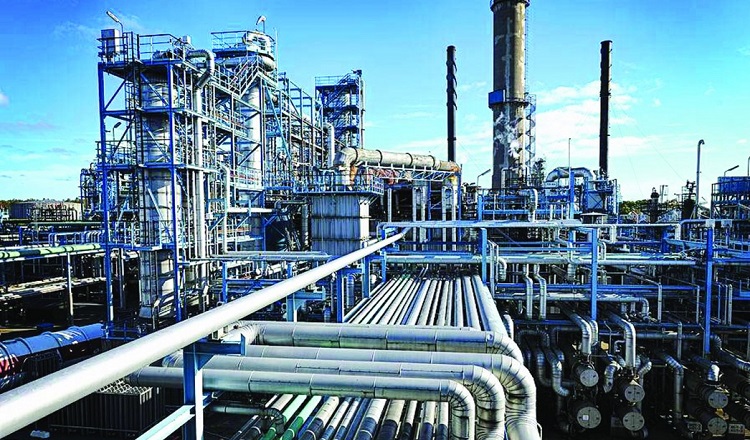Course Details
Your Growth, Our Mission

Course Description
This course provides a complete overview of wellsite operations from the perspective of the Operations Geologist and the Wellsite Geologist. The focus is on being able to understand the job functions that are typically performed at the wellsite, and what use is made of the large amounts of data collected. The course will also provide an overview of essential drilling operations that have a direct bearing on these disciplines.
Wellsite geologists study rock cuttings from oil and gas wells to determine what rock formations are being drilled into and how drilling should proceed. They identify critical strata from core samples and rock-cutting data and build up knowledge of the structure being drilled. They are experienced geologists, deciding when specialized tests should be carried out and, ultimately, when to stop drilling. They send reports and logs of completed drilling to the operations geologist and offer geological advice to oil company representatives. They also incorporate health and safety requirements in daily geological operations. Wellsite geologists also liaise with drilling engineers, petroleum engineers and mudloggers during the course of
The Training Course Will Highlight ?
Training Objective
Target Audience
E&P staff who want to learn the functions that are performed by Geologists at the wellsite.
Training Methods
This interactive Training will be highly interactive, with opportunities to advance your opinions and ideas and will include:
- Lectures
- Workshop & Work Presentation
- Case Studies and Practical Exercise
- Videos and General Discussions
Daily Agenda
Day 1: Introduction to Wellsite Operations
- Overview of wellsite operations and lifecycle
- Key roles and responsibilities of wellsite personnel
- Wellsite equipment and technologies
- Effective wellsite management and coordination
Day 2: Safety Leadership in Wellsite Operations
- Principles of safety leadership in high-risk environments
- Building a safety culture and promoting safe work practices
- Leadership styles and their impact on safety performance
- Communicating safety expectations and fostering accountability
Day 3: Risk Assessment and Hazard Identification
- Risk management principles and processes
- Identifying hazards on the wellsite (physical, chemical, operational)
- Risk assessment techniques and tools (HAZID, JSA, etc.)
- Evaluating and controlling risks effectively
Day 4: Emergency Response and Crisis Management
- Developing emergency response plans for wellsite operations
- Roles and responsibilities during a crisis or emergency
- Crisis management strategies and effective decision-making
- Training and drills for wellsite emergency preparedness
Day 5: Incident Investigation and Continuous Improvement
- Investigating incidents and near-misses to identify root causes
- Implementing corrective and preventive actions (CAPA)
- Creating a feedback loop for continuous safety improvement
- Case studies and practical exercises in safety management
Accreditation
BTS attendance certificate will be issued to all attendees completing minimum of 80% of the total course duration.
Quick Enquiry
Request Info
Related Courses
Your Growth, Our Mission

